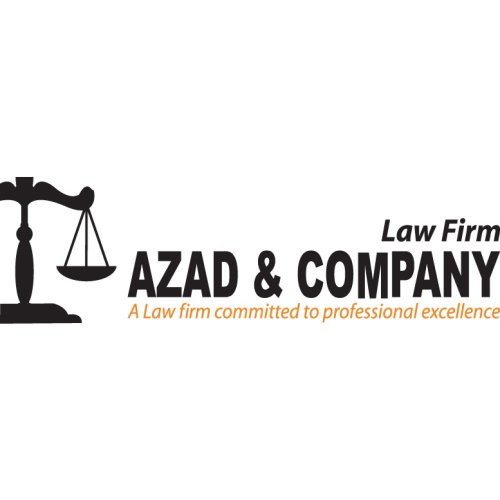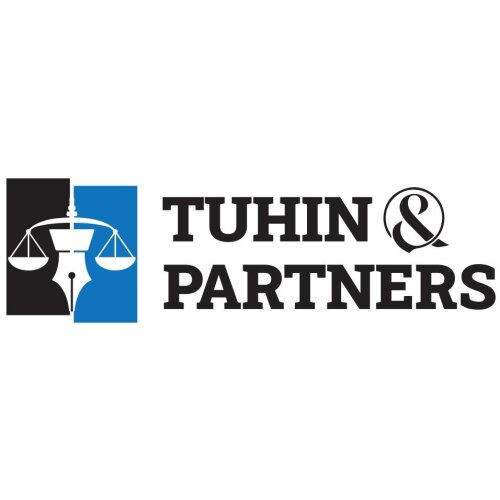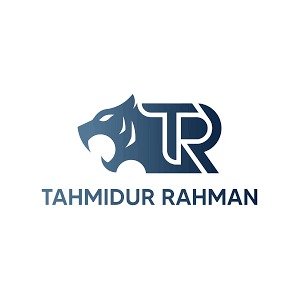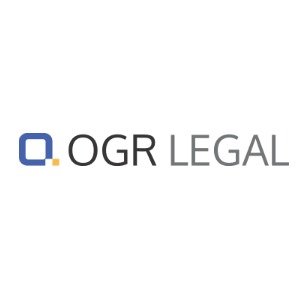Best Tax Lawyers in Bangladesh
Share your needs with us, get contacted by law firms.
Free. Takes 2 min.
Or refine your search by selecting a city:
List of the best lawyers in Bangladesh
About Tax Law in Bangladesh
Tax law in Bangladesh pertains to the legal regulations concerning the collection and management of taxes by the government. The primary types of taxes imposed include income tax, value-added tax (VAT), customs duties, and excise taxes. The National Board of Revenue (NBR) is the central authority for tax administration in Bangladesh. Tax laws are established to ensure that businesses and individuals contribute to the national economy in a fair manner, and to prevent tax evasion and avoidance.
Why You May Need a Lawyer
There are several situations where individuals and businesses might require legal assistance with tax issues. Common scenarios include:
- Navigating complex tax regulations and compliance requirements.
- Disputes with the tax authorities regarding assessments or penalties.
- Filing appeals against decisions made by tax authorities.
- Understanding changes in tax legislation that may affect your financial or business planning.
- Addressing allegations of tax evasion or avoidance accusations.
- Guidance on international taxation issues for businesses operating globally.
Local Laws Overview
Bangladesh's tax system is governed primarily by the Income Tax Ordinance 1984, the Value Added Tax Act 1991, and the Customs Act 1969. Key aspects include:
- Income Tax: Levied on individuals, companies, and other entities based on their earnings. Tax rates and obligations vary depending on the source of income, such as salaries, property income, and business profits.
- Value Added Tax (VAT): A consumption tax applied at each stage of the supply chain. Businesses must register for VAT and comply with filing requirements.
- Customs Duties: Applied to goods imported into Bangladesh, with rates varying by the type of product.
- Tax Filing: Both individuals and businesses must file annual tax returns. Failure to comply can result in penalties.
Frequently Asked Questions
What is the deadline for filing individual income tax returns in Bangladesh?
The deadline for filing income tax returns for individuals is typically November 30 of each year. However, extensions may be granted under certain conditions.
Who needs to file an income tax return?
Any individual with an annual income above the taxable threshold is required to file an income tax return. Companies and certain other legal entities are also obligated to file returns.
How can I register for VAT in Bangladesh?
Businesses can register for VAT by submitting an application to the local VAT office or online through the NBR's VAT online system.
What are the penalties for late filing of tax returns?
Penalties vary based on the type and duration of the delay but typically include financial fines and interest on unpaid tax amounts.
Can I appeal a tax assessment in Bangladesh?
Yes, any taxpayer who is dissatisfied with a tax assessment can file an appeal through the respective appellate authorities within a specified timeframe.
Are foreigners subject to income tax in Bangladesh?
Yes, foreigners working or earning income in Bangladesh are subject to local tax laws and must comply with filing requirements.
What is the role of the National Board of Revenue?
The NBR oversees tax collection, enforcement, and policy-making, aiming to ensure effective revenue administration and compliance.
Is tax evasion a criminal offense in Bangladesh?
Yes, tax evasion is considered a criminal offense and can result in penalties including fines and imprisonment.
How are corporate taxes handled?
Corporate taxes are levied on a company's profits. The rate can vary based on the nature of the business and is governed by corporate tax legislation.
What incentives are available for businesses in Bangladesh?
Various tax incentives, such as tax holidays and reduced rates, are available to promote investment in certain sectors or regions.
Additional Resources
If you need further assistance or information, the following resources can be beneficial:
- National Board of Revenue (NBR): The official website provides comprehensive details on tax laws, filing procedures, and updates.
- Tax Offices: Local tax offices can provide guidance and support for individual and corporate taxpayers.
- Tax Consultants and Legal Advisors: Engaging a professional advisor can help navigate complex tax matters.
Next Steps
If you require legal assistance with tax matters, consider taking the following steps:
- Consult with a qualified tax lawyer to discuss your specific situation and obtain personalized advice.
- Gather all relevant documents and information related to your tax affairs to facilitate informed discussions.
- Stay informed about changes in tax laws and how they might impact your obligations or opportunities.
- Explore online resources and legal forums to educate yourself on common tax issues in Bangladesh.
Taking these steps can help ensure that you manage your tax duties effectively and avoid potential legal complications.
Lawzana helps you find the best lawyers and law firms in Bangladesh through a curated and pre-screened list of qualified legal professionals. Our platform offers rankings and detailed profiles of attorneys and law firms, allowing you to compare based on practice areas, including Tax, experience, and client feedback.
Each profile includes a description of the firm's areas of practice, client reviews, team members and partners, year of establishment, spoken languages, office locations, contact information, social media presence, and any published articles or resources. Most firms on our platform speak English and are experienced in both local and international legal matters.
Get a quote from top-rated law firms in Bangladesh — quickly, securely, and without unnecessary hassle.
Disclaimer:
The information provided on this page is for general informational purposes only and does not constitute legal advice. While we strive to ensure the accuracy and relevance of the content, legal information may change over time, and interpretations of the law can vary. You should always consult with a qualified legal professional for advice specific to your situation.
We disclaim all liability for actions taken or not taken based on the content of this page. If you believe any information is incorrect or outdated, please contact us, and we will review and update it where appropriate.
Browse tax law firms by city in Bangladesh
Refine your search by selecting a city.

















